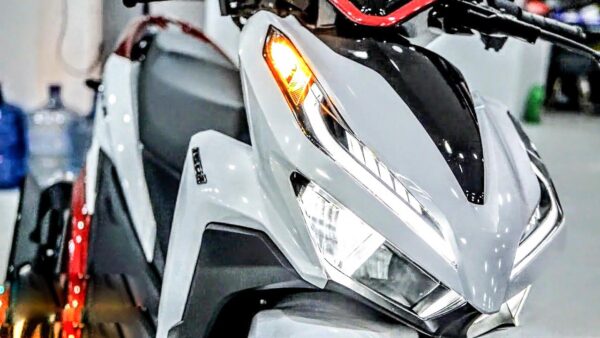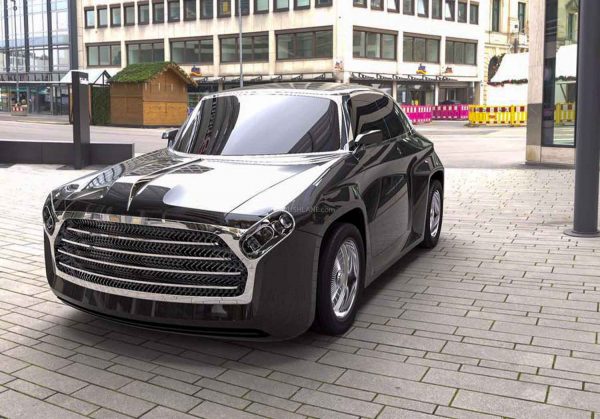Hindustan Motors will make a comeback in the market as a pure EV manufacturer in partnership with a European entity

The electric vehicle (EV) revolution has not only given birth to many new startups but also brought a few defunct automobile manufacturers back to life. A case in point is LML which announced its return to the Indian market as a manufacturer of electric two-wheelers a few months back.
Another automobile brand joining this list is Hindustan Motors (HM) which is known for some iconic models like Ambassador and Contessa. The carmaker’s production facility in West Bengal has been lying defunct ever since it rolled out the last unit of Ambassador in 2014.
Hindustan Motors Electric Scooters
The homegrown carmaker has joined hands with a European auto company from the EV industry, details about which are yet not revealed. An MoU has already been signed between HM and the unknown European firm and required due diligence is expected to take around three months. A definitive agreement between the two parties would be signed in another year or so.
Both firms are currently engaged in discussing the equity structure of this deal. In the present proposed structure, Hindustan Motors will own 51 percent of the stake while the unnamed European company will own the remaining 49 percent. Hindustan Motors (HM) director, Uttam Bose, has revealed that an estimated investment of around 600 crores will be made by this proposed joint venture although exact figures would emerge later.

HM Production Facility
The Uttarpara plant which is around 20km from Kolkata is the oldest car-manufacturing facility in India and the second oldest in Asia after Toyota’s facility in Japan. Production in this facility started way back in 1948 and was stopped in September 2014. The existing facility takes about 90 acres of land whereas the entire premise is spread across an area of 295 acres.
The new HM joint venture will utilise this space for the upcoming project. Bose further added that the proposed alliance will have access to HM’s distribution network. When operations were stopped in 2014, HM had a total of 250 distributors across the country. At the time of suspension of operation, around 2,300 workers were employed, now there are only 300.
Production of Electric Two-Wheelers
Interestingly, this joint venture will focus on electric two-wheelers (scooters and motorcycles) instead of electric cars, at least initially. This comes at a time when there has been a boom in the availability of battery-powered two-wheelers and sales have been at an all-time high.
Bose pointed out that in the proposed JV, HM would provide land and some funds while the European company would offer technology and some funds. Initially, the plan was to join hands with a Chinese firm but the board decided to go for a European company. Specific details of this project are expected to be revealed in the coming few months.

